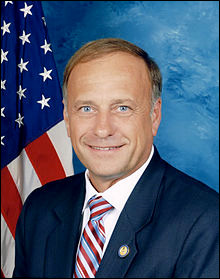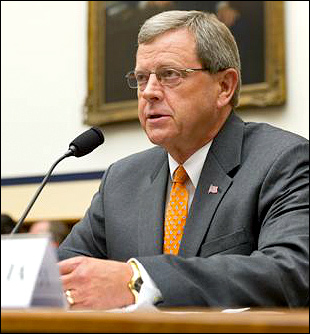By Jim Ellis
 Oct. 19, 2020 — Every political observer remembers that the cumulative polling community incorrectly predicted the Great Lakes states of Michigan, Pennsylvania, and Wisconsin in the 2016 Trump-Clinton presidential race, but further research finds additional significant misses in succeeding elections.
Oct. 19, 2020 — Every political observer remembers that the cumulative polling community incorrectly predicted the Great Lakes states of Michigan, Pennsylvania, and Wisconsin in the 2016 Trump-Clinton presidential race, but further research finds additional significant misses in succeeding elections.
Political research reveals that two of those campaigns came in Iowa during the 2016 presidential race and the hotly contested governor’s race two years later. Today, we look at the Hawkeye State numbers with the goal of potentially ascertaining if there is a common polling pattern or consistent error factor.
In October, four polls have been released for the 2020 contest from a like number of different pollsters, two from left of center organizations while the other two are independent entities. The research organizations are Data for Progress, Civiqs for the Daily Kos Elections webpage, YouGov, and Quinnipiac University. Each has conducted one October Iowa survey.
In the presidential race, the polls yield former vice president Joe Biden an average lead of just over one percentage point. The cumulative ballot test mode then finds Des Moines real estate executive Theresa Greenfield (D) topping Sen. Joni Ernst (R) with a margin of four percentage points.
How do these numbers compare to recent polling vs. results electoral history, and is there an inherent Republican under-poll present?
In 2016, the Real Clear Politics polling average from Nov. 1-4 found then-candidate Donald Trump leading former Secretary of State Hillary Clinton by a mean average of three percentage points derived from three polls and three different polling firms. On Election Day, Nov. 4, 2016, Trump carried the state by a much larger 9.5-point margin.
Overall, 26 Iowa polls were released during the 2016 election cycle, with Trump recording a cumulative average lead of under half of one percentage point. According to the Real Clear Politics polling archives, 12 firms combined to reach the grand total, including Public Policy Polling (5 surveys), NBC News/Wall Street Journal/Marist College (5), Loras College (3), Quinnipiac University (3), Emerson College (2), and Selzer & Company for the Des Moines Register (2). The widest spread came from Loras College (Clinton plus-14) at the end of June. The Selzer & Company for the Des Moines Register poll produced the most accurate finding, Trump plus-7, at the very end of the election cycle (Nov. 1-4, 2016).


